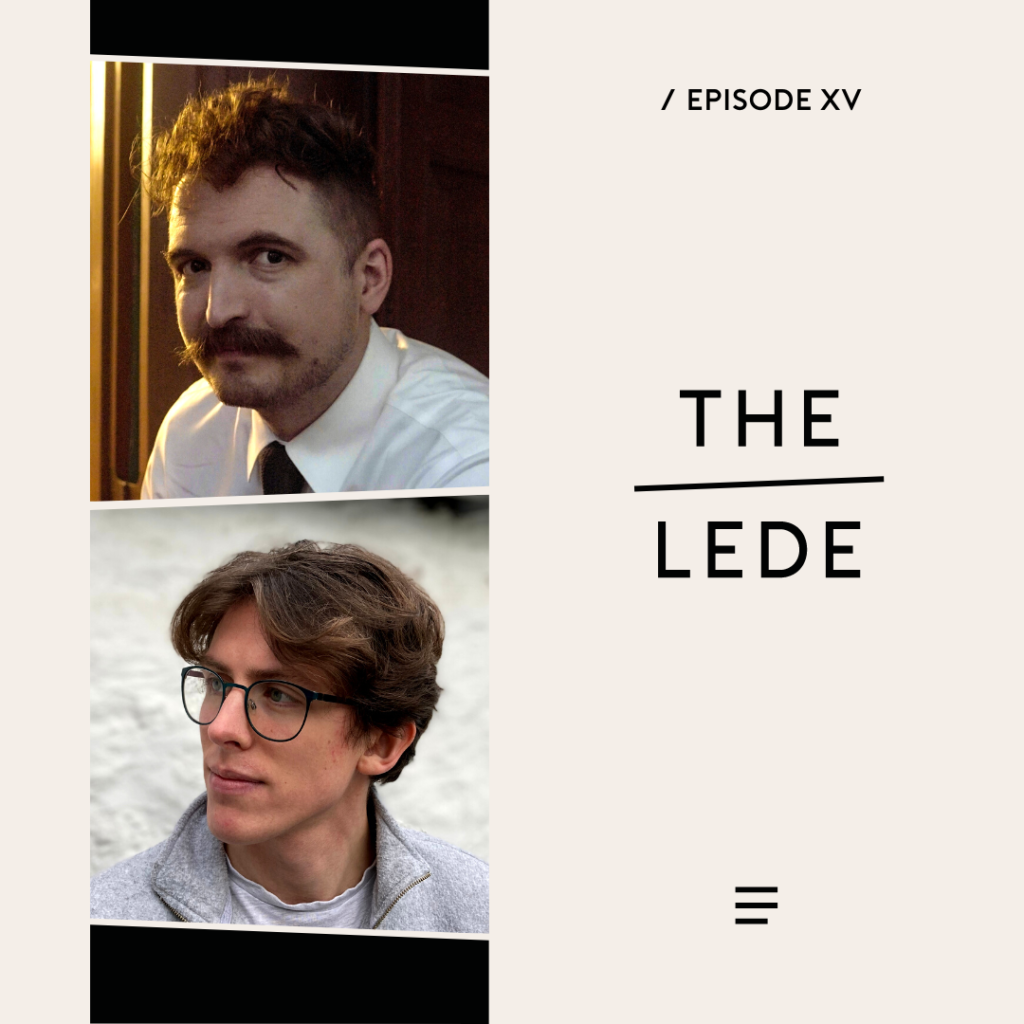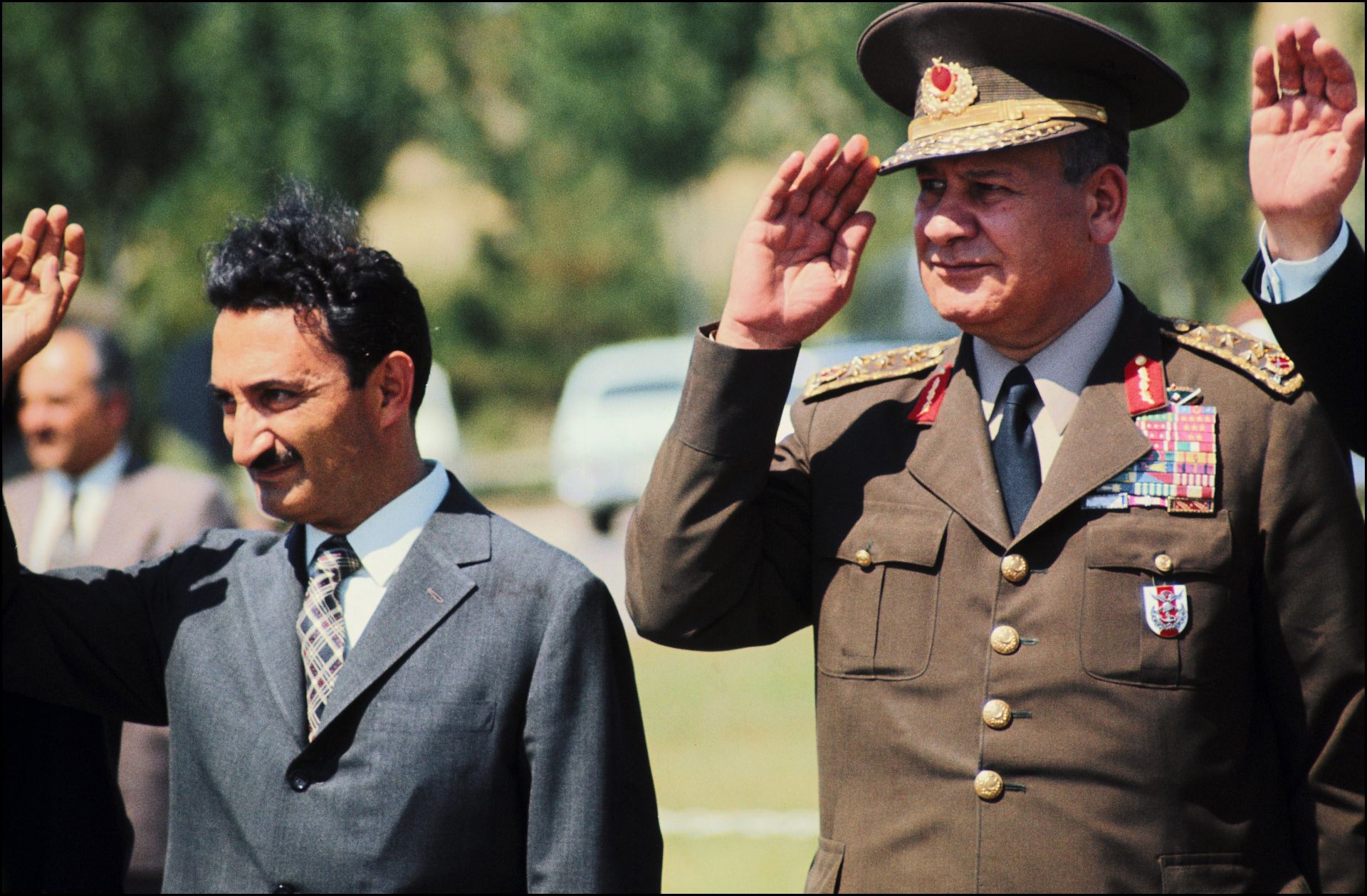“This BMW gets hit by a truck in the Aegean region,” explains former U.S. diplomat Josef Burton. “And driving it are a Kurdish clan leader, a police general and a far-right mafia drug baron. And the trunk is just full of Deutschmarks and silenced submachine guns.”
The incident caused a major scandal in Turkey, and subsequent parliamentary investigations revealed the existence of a rogue network of intelligence officials, army officers, mafiosos and ultranationalists. Implicated in hundreds of killings over several decades, it was this network that the term “deep state” was coined to describe.
“This wasn’t just state repression,” Burton tells New Lines’ Joshua Martin. “The idea of the deep state is that there’s elements within the state which are just doing what they want, without any going back to the chain of command. They’re just doing it.”

“The idea of the deep state is that there’s elements within the state which are just doing what they want, without any going back to the chain of command. They’re just doing it.”
For Americans, though, the term has taken on very different connotations. “The meaning shifted between this very specific historical phenomenon to any structure of power you don’t like,” Burton says. It became heavily associated with former President Donald Trump, who uses it to denigrate his political opponents and encourages his supporters to do the same — particularly in the months since August’s FBI raid on his Mar-a-Lago residence. “It really raises the temperature,” says Burton.
As he wrote in an article for New Lines, this dynamic reached its most extreme form in the bizarre conspiracist theology of the QAnon cult and played a major role in the January 6 attack on the U.S. Capitol. “The more unhinged and irrational these sorts of terms become, I think the more we have to point to concrete historical examples of this defined thing,” he says.
“We are in this moment, though, where things are kind of breaking loose; they’re becoming unmoored. There’s this sort of terror that everyone’s living inside their own universe, in their own reality, and their own kind of construction. There’s not a lot of analytical frameworks out there that are shared or even systematic.”
“I think we’re all picking battle lines,” he adds.
Produced by Joshua Martin


